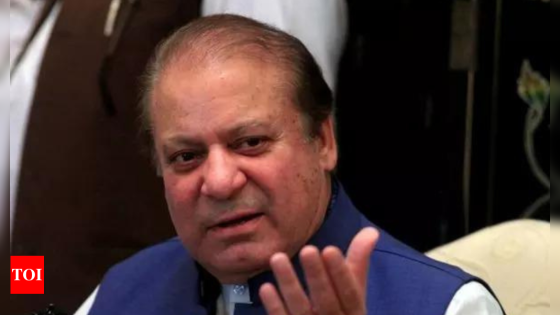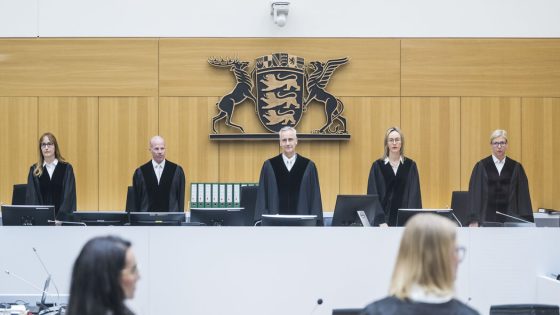ISLAMABAD: Pakistan’s three-time former prime minister Nawaz Sharif was re-elected president of the ruling Pakistan Muslim League-Nawaz (PML-N) on Tuesday, six years after he was forced to quit the post after a Supreme Court ruling. His unopposed at the party’s general council meeting came on a day that was declared a public holiday by his younger brother, PM Shehbaz Sharif, to commemorate the 26thanniversary of Pakistan’ nuclear tests, conducted during Nawaz Sharif’s second term as PM.
Pakistan conducted the tests on May 28, 1998, almost three weeks after India tested its devices, in Chaghi hills of southwestern Balochistan province, making it the seventh nuclear nation in the world and the first Muslim state to have a nuclear arsenal.
While Nawaz was at peak of his popularity in May 1998, he could not celebrate the first anniversary of the nuclear tests following his ouster from office in Oct 1998 by General Pervez Musharraf in a military coup.
The anniversary is being commemorated for the first time in 26 years, coinciding with his re-election as PML-N president. He took the party’s reins back from Shehbaz, who had stepped down on May 13, paving the way for the 74-year-old party founder, to be elected again.
Shehbaz hailed Nawaz, who returned to Pakistan in Oct 2023 after a four-year self-imposed exile in UK, for the nuclear tests, which he said ensured “credible minimum deterrence”. In a post on X, he said: “On this historic day in 1998, then-PM Nawaz Sharif demonstrated bold leadership by rejecting nerve-wracking pressures and inducements to make Pakistan a nuclear-armed nation.” He also paid tribute to ex-prime minister Zulfikar Ali Bhutto, who, he said, was the founder of Pakistan’s nuclear programme, for his “strategic foresight and unwavering commitment to the cause”.
Shehbaz was elected PML-N president in March 2018, months after the Supreme Court disqualified Nawaz for life in the Panama Papers case. Weeks later, an apex court bench also barred from heading a political party.
Pakistan conducted the tests on May 28, 1998, almost three weeks after India tested its devices, in Chaghi hills of southwestern Balochistan province, making it the seventh nuclear nation in the world and the first Muslim state to have a nuclear arsenal.
While Nawaz was at peak of his popularity in May 1998, he could not celebrate the first anniversary of the nuclear tests following his ouster from office in Oct 1998 by General Pervez Musharraf in a military coup.
The anniversary is being commemorated for the first time in 26 years, coinciding with his re-election as PML-N president. He took the party’s reins back from Shehbaz, who had stepped down on May 13, paving the way for the 74-year-old party founder, to be elected again.
Shehbaz hailed Nawaz, who returned to Pakistan in Oct 2023 after a four-year self-imposed exile in UK, for the nuclear tests, which he said ensured “credible minimum deterrence”. In a post on X, he said: “On this historic day in 1998, then-PM Nawaz Sharif demonstrated bold leadership by rejecting nerve-wracking pressures and inducements to make Pakistan a nuclear-armed nation.” He also paid tribute to ex-prime minister Zulfikar Ali Bhutto, who, he said, was the founder of Pakistan’s nuclear programme, for his “strategic foresight and unwavering commitment to the cause”.
Shehbaz was elected PML-N president in March 2018, months after the Supreme Court disqualified Nawaz for life in the Panama Papers case. Weeks later, an apex court bench also barred from heading a political party.
Source Agencies



